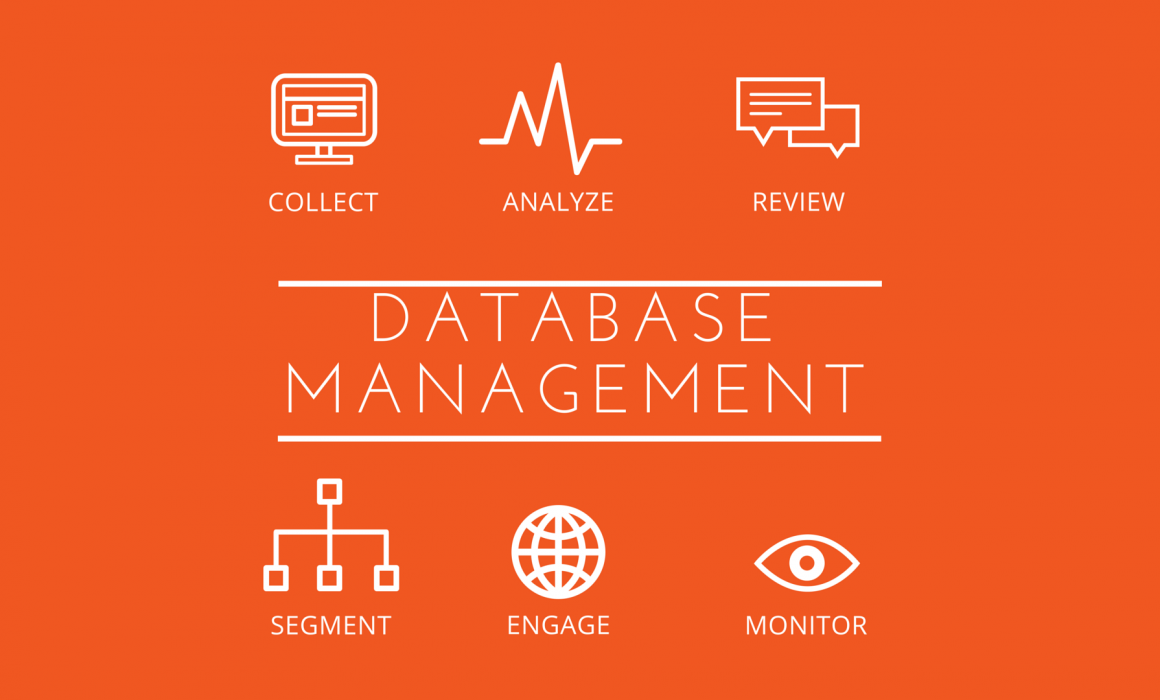The importance of database management
Database management involves collecting and controlling information that is generated by a company/organisation. Information can be obtained through collect data through sales, marketing and/or company website.
When collating a company database, let’s first consider what might be included in customer records. On a very basic level, companies would need to store the names, surname, gender and crucially nowadays; the email address. Companies depend on data for various reasons.
Primarily the first step would be to know what data it is you want to collect. Deciding how to collect it is another issue. To retrieve customer information it can be done through sales, marketing, call centres and/or the company web site.
Companies need to review these collection points in order to determine where the best and most useful data is coming from.

[themecolor] OBJECTIVES:[/themecolor]
- Analyse data to ensure relevant data is collected
- Review (Remove duplicates, invalid, unusable data, etc)
- Segment – Target the right customers and partners; in terms of demographics for future campaigns.
- Monitor data to make future informed decisions either for sales, marketing or financial decisions.
- Engage with the targeted audience.
- Engage with the targeted audience.
Companies that follow these steps can be rest assured that they are able to target the right audience. Identifying the tools to maximize opportunities to gain new customers as well as grow existing customers. Without the right data or proper management techniques in place, a company is at risk of losing money, wasting time, and potentially jeopardizing customer relationships. A properly managed database enables companies to make strategic business decisions with confidence that will positively impact business performance.
[themecolor] OTHER ADVANTAGES INCLUDES:[/themecolor]
- Access to data at any time.
- Helps in reports and decision making processes.
- Builds a customer relationship.
- Easy access to specific data by uploading and extracting data.
- Improved data sharing.
- See how actions in one segment of the company affect other segments.
- Reduces the probability of data being inconsistency is greatly reduced in a properly designed database.
The availability of data potentially transforms data into usable information. A better-managed database will not only ease accessibility to information but also make it possible to generate better-quality information on which better decisions are based. Quality of data is a comprehensive approach to promoting the accuracy and validity. While having a database management system in place does not guarantee data quality, it provides a framework to facilitate data and its quality initiatives.




